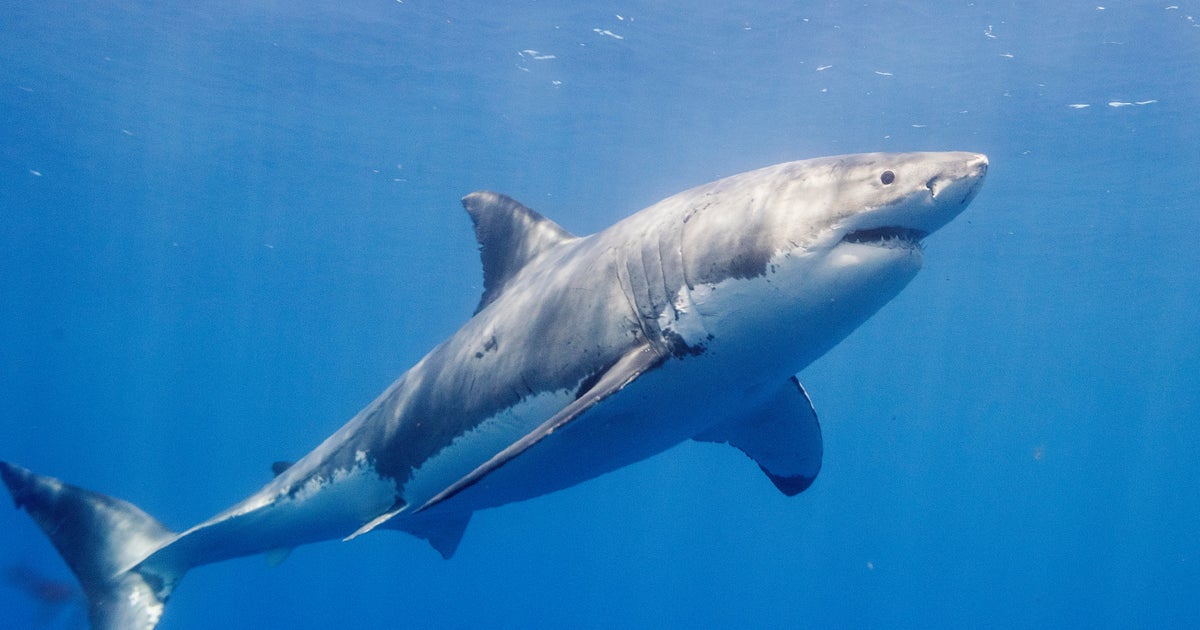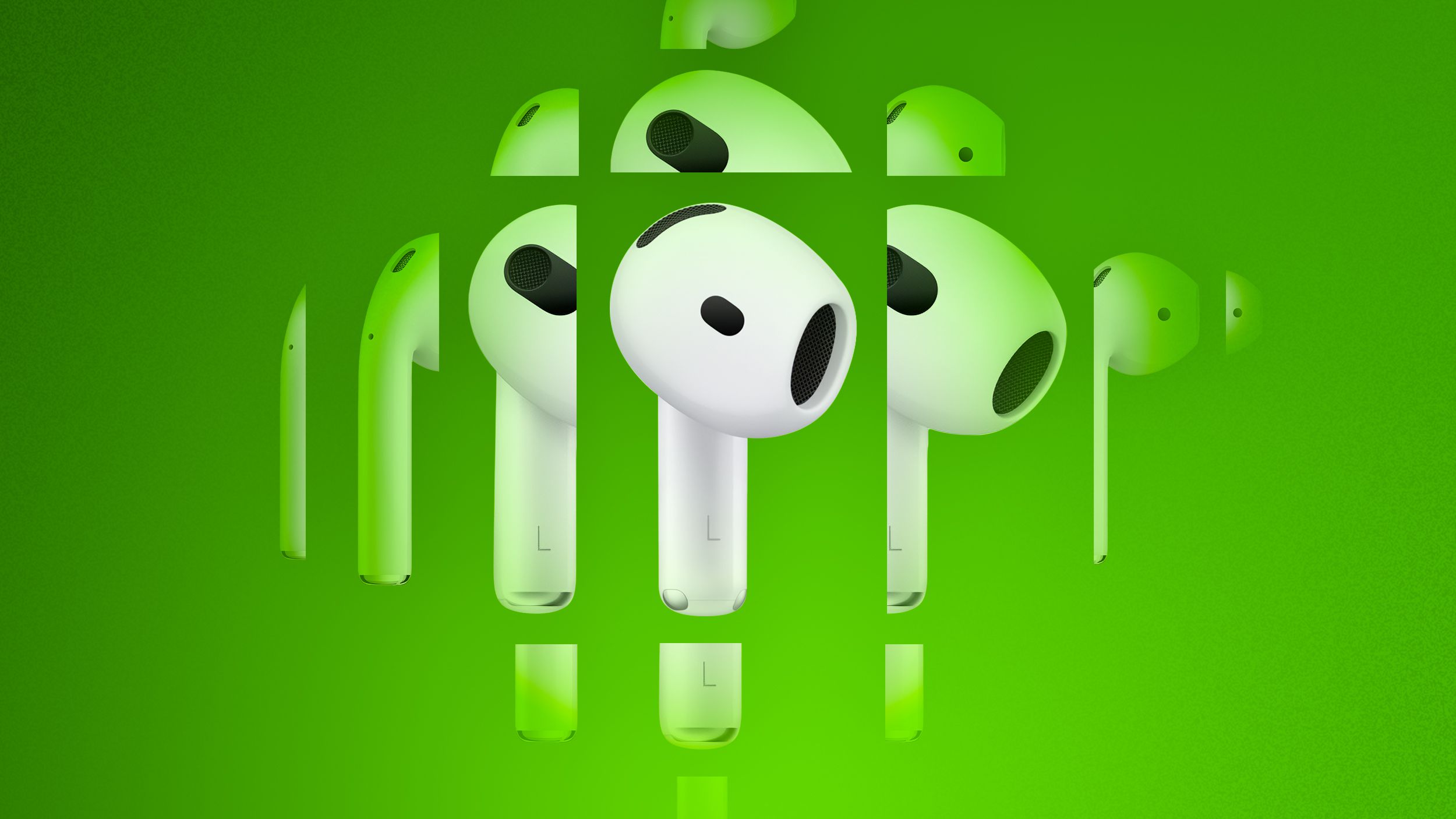
UCLA-Harvard 연구에서는 파킨슨병과 관련된 신경 세포를 크게 손상시키는 현재 사용되는 10가지 살충제를 확인했습니다. 이 연구는 캘리포니아 살충제 데이터베이스를 사용하여 자발적 운동에 필수적인 도파민 신경세포에 독성이 있는 살충제를 찾았습니다. 이 연구는 파킨슨병과 잠재적으로 연관이 있는 53가지 살충제를 밝혀냈으며, 면화 재배에 사용되는 독점 혼합물은 독성이 증가했습니다. 향후 연구는 파킨슨병 환자에서 이러한 살충제로 인한 생물학적 교란에 초점을 맞출 것입니다.
수천 가지의 살충제가 사용됨에 따라 새로운 스크리닝 접근 방식을 통해 연구자는 질병과 관련된 살충제를 쉽게 결정할 수 있습니다.
캘리포니아 대학교 로스앤젤레스 캠퍼스(University of California, Los Angeles) 연구원[{” attribute=””>UCLA) Health and Harvard University have identified 10 pesticides that significantly damaged neurons implicated in the development of Parkinson’s disease, providing new clues about environmental toxins’ role in the disease.
While environmental factors such as pesticide exposure have long been linked to Parkinson’s, it has been harder to pinpoint which pesticides may raise risk for the neurodegenerative disorder. Just in California, the nation’s largest agricultural producer and exporter, there are nearly 14,000 pesticide products with over 1,000 active ingredients registered for use.
Through a novel pairing of epidemiology and toxicity screening that leveraged California’s extensive pesticide use database, UCLA and Harvard researchers were able to identify 10 pesticides that were directly toxic to dopaminergic neurons. The neurons play a key role in voluntary movement, and the death of these neurons is a hallmark of Parkinson’s.
Further, the researchers found that co-exposure of pesticides that are typically used in combinations in cotton farming were more toxic than any single pesticide in that group.
For this study, published on May 16 in the journal Nature Communications, UCLA researchers examined exposure history going back decades for 288 pesticides among Central Valley patients with Parkinson’s disease who had participated in previous studies. The researchers were able to determine long-term exposure for each person and then, using what they labeled a pesticide-wide association analysis, tested each pesticide individually for association with Parkinson’s. From this untargeted screen, researchers identified 53 pesticides that appeared to be implicated in Parkinson’s – most of which had not been previously studied for a potential link and are still in use.
Those results were shared for lab analysis led by Richard Krolewski, MD, PhD, an instructor of neurology at Harvard and neurologist at Brigham and Women’s Hospital. He tested the toxicity for most of those pesticides in dopaminergic neurons that had been derived from Parkinson’s patients through what’s known as induced pluripotent stem cells, which are a type of “blank slate” cell that can be reprogrammed into neurons that closely resemble those lost in Parkinson’s disease.
The 10 pesticides identified as directly toxic to these neurons included: four insecticides (dicofol, endosulfan, naled, propargite), three herbicides (diquat, endothall, trifluralin), and three fungicides (copper sulfate [basic and pentahydrate] 및 볼펫). 대부분의 살충제는 오늘날 미국에서 여전히 사용됩니다.
도파민성 뉴런에 대한 독성을 제외하고는 이러한 살충제를 하나로 묶는 것이 거의 없습니다. 사용 유형이 다양하고 구조적으로 구별되며 이전 독성 분류를 공유하지 않습니다.
캘리포니아 농약 데이터베이스(California Pesticide Database)에 따르면 연구자들은 또한 거의 같은 시기에 목화밭에서 일반적으로 사용되는 여러 농약의 독성을 테스트했습니다. 캘리포니아에서 가장 인기 있는 제초제 중 하나인 트리플루랄린을 함유한 조합이 가장 독성이 강했습니다. 살충제 살포기를 포함하는 대규모 연구 프로젝트인 농업 건강 연구(Agricultural Health Study)의 이전 연구에서도 이것이 파킨슨병과 관련이 있음을 시사했습니다.
UCLA의 수석 저자이자 신경과학 조교수인 Kimberly Ball 박사는 이 연구가 그들의 접근 방식이 파킨슨병과 관련된 살충제를 광범위하게 스크리닝하고 이러한 연관성의 강도를 더 잘 이해할 수 있음을 보여주었다고 말했습니다.
“우리는 이전의 어떤 연구보다 더 많은 개별 에이전트를 연루시킬 수 있었고 완전히 공정한 방식으로 수행되었습니다.”라고 Paul은 말했습니다. “이러한 불가지론적 조사를 현장 간 모델과 결합하면 어떤 살충제가 질병에 매우 중요한 것으로 보이는지 확인할 수 있습니다.”
연구원들은 다음으로 살충제에 노출된 파킨슨병 환자들 사이에서 파괴된 생물학적 경로를 특성화하는 데 도움이 되도록 통합 오믹스를 사용하여 노출 관련 후생유전학적 및 대사적 특징을 연구할 계획입니다. 트리플루랄린 및 구리와 같은 살충제에 의해 영향을 받는 특정 신경 과정에 대한 보다 상세한 기계론적 연구도 Harvard/Brigham 및 Women’s Laboratories에서 진행 중입니다. 실험실 작업은 각각 파킨슨병 환자의 운동 및 인지 증상에 중요한 도파민성 뉴런 및 피질 뉴런에 대한 뚜렷한 효과에 초점을 맞춥니다. 기초 과학은 또한 살충제가 이러한 중요한 세포의 기능에 어떤 영향을 미치는지 더 잘 이해하기 위해 뇌의 비신경세포(교세포)에 대한 살충제 연구를 포함하도록 확장되고 있습니다.
참조: Kimberly C. Miles Cockburn, Laura K. Thompson, Alexander Kramerman, Elizabeth M. Richie Blair, Yoo Jun Lee, Herr B. Patel, Richard T. Lee, Jeff Bronstein, Lee L. Rubin, Vikram Khurana, Pete Ritz 2023년 5월 16일 여기에서 확인 가능 네이처 커뮤니케이션즈.
DOI: 10.1038/s41467-023-38215-z
다른 저자로는 Edinson Lucumi Moreno, Jacques Blank, Christina M. Holton, Tim Affeldt, Melissa Furlong, Yo-Yo, Miles Cockburn, Laura K. Thompson, Alexander Kramerman, Elizabeth M. Richie Blair, Yu-Jun Lee 및 Her B가 있습니다. . 파텔. Richard T. Lee, Jeff Bronstein, Lee L. Rubin, Vikram Khurana 및 Betty Ritz.

“음악 팬. 매우 겸손한 탐험가. 분석가. 여행 괴짜. 익스트림 TV 전문가. 게이머.”




/cdn.vox-cdn.com/uploads/chorus_asset/file/25619621/247271_Spectacles_2024_NHernandez_Melo_0015.jpg)





